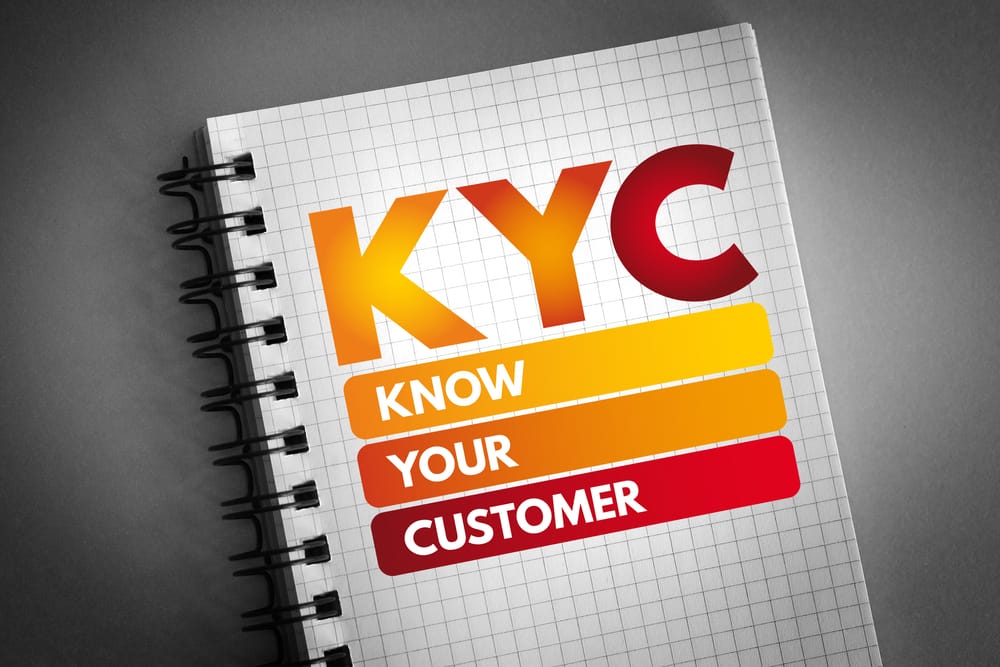Insurance companies handle significant financial transactions and sensitive personal information, making robust Know Your Customer (KYC) processes crucial. Effective KYC practices help verify the identities of policyholders,...

The Role of Edge-Computing in Compliance
Edge computing is transforming various industries by bringing data processing closer to the source of data generation. In the realm of compliance, particularly in financial services, edge computing offers significant advantages by enhancing speed, security, and efficiency. This deep dive explores the implications of edge computing for compliance, focusing on its impact on KYC (Know Your Customer), KYB (Know Your Business), and AML (Anti-Money Laundering) processes.
Understanding Edge Computing
Edge computing refers to the practice of processing data near the edge of the network, where the data is generated, rather than relying on a centralized cloud-based infrastructure. This approach reduces latency, improves real-time data processing capabilities, and enhances data privacy and security by minimizing the need for data transmission over the network.
Edge Computing in Compliance
Compliance in financial services is notoriously complex, involving rigorous KYC, KYB, and AML protocols. Traditional compliance processes often suffer from delays and inefficiencies due to centralized data processing, which can be slow and cumbersome. Edge computing addresses these challenges by enabling faster and more efficient processing of compliance-related data.
Key Benefits of Edge Computing in Compliance:
- Speed and Efficiency:
- Reduced Latency: By processing data locally, edge computing significantly reduces the time it takes to verify identities and complete compliance checks. This is crucial in onboarding processes where quick turnaround is essential to maintaining customer satisfaction.
- Real-Time Monitoring: Continuous, real-time monitoring of transactions and activities can be achieved, allowing for immediate detection and response to suspicious activities.
- Enhanced Security and Privacy:
- Data Sovereignty: Local data processing ensures that sensitive customer information does not leave the jurisdiction, aiding in compliance with regional data protection laws such as GDPR.
- Reduced Attack Surface: Minimizing data transmission reduces the potential for interception and cyberattacks, thereby enhancing the overall security of compliance operations.
- Scalability and Flexibility:
- Modular Approach: Edge computing allows for scalable compliance solutions that can be tailored to the specific needs of different jurisdictions and regulatory requirements. This modularity is crucial for businesses operating across multiple regions.
- Integration with Legacy Systems: Edge solutions can be integrated with existing compliance systems, enhancing their capabilities without necessitating a complete overhaul.
iComply and Edge Computing
iComply offers a comprehensive compliance platform that leverages the advantages of edge computing to deliver efficient and secure KYC, KYB, and AML solutions. Here’s how iComply integrates edge computing into its compliance framework:
Modular Compliance Solutions:
- iComply’s platform supports a modular approach to compliance, enabling businesses to configure, gather, check, and report data efficiently. The use of edge computing ensures that these processes are swift and responsive, meeting the demands of modern compliance environments.
Enhanced Data Security:
- iComply prioritizes the security of customer data through edge computing methods. By processing data locally, iComply minimizes the risk of data breaches and ensures compliance with global data protection regulations. This is particularly important for businesses that handle large volumes of sensitive information.
Automated Processes:
- Automation is a key feature of iComply’s edge-based compliance solutions. By automating routine compliance tasks, businesses can significantly reduce manual processing time and errors, thereby enhancing overall efficiency. This automation extends to real-time AML screening and dynamic risk management, allowing for proactive compliance management.
Customizable and Scalable Solutions:
- iComply’s platform is designed to scale with the needs of the business. Whether it’s for small enterprises or large financial institutions, the edge computing capabilities of the platform ensure that compliance processes can be customized and scaled according to specific operational requirements. This flexibility is crucial for businesses aiming to maintain compliance across diverse regulatory landscapes.
Case Studies and Applications
Financial Institutions:
Financial institutions benefit from the speed and security provided by edge computing in compliance processes. By implementing iComply’s solutions, banks can expedite customer onboarding, conduct real-time transaction monitoring, and ensure continuous compliance with evolving regulations.
Fintech Companies:
For fintech companies, edge computing enables rapid scalability and integration with innovative financial products. iComply’s edge-enabled solutions support seamless compliance processes, allowing fintech firms to focus on innovation without compromising on regulatory adherence.
Global Enterprises:
Enterprises operating in multiple jurisdictions face the challenge of complying with various regulatory requirements. iComply’s edge computing solutions provide the flexibility needed to meet these diverse requirements efficiently, ensuring that global operations remain compliant and secure.
Edge computing is revolutionizing the compliance landscape by providing faster, more secure, and efficient solutions for KYC, KYB, and AML processes. iComply’s integration of edge computing into its compliance platform exemplifies how technology can enhance regulatory adherence while reducing operational burdens. As regulatory requirements continue to evolve, edge computing will play an increasingly vital role in ensuring that businesses remain compliant in a dynamic and challenging environment.







